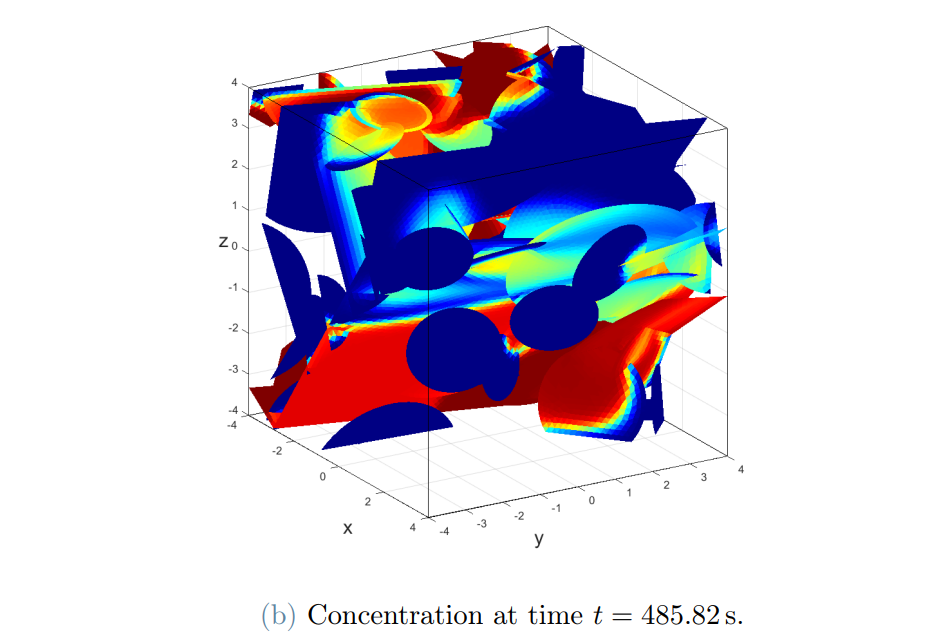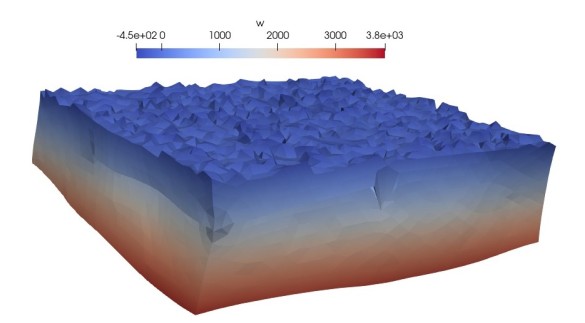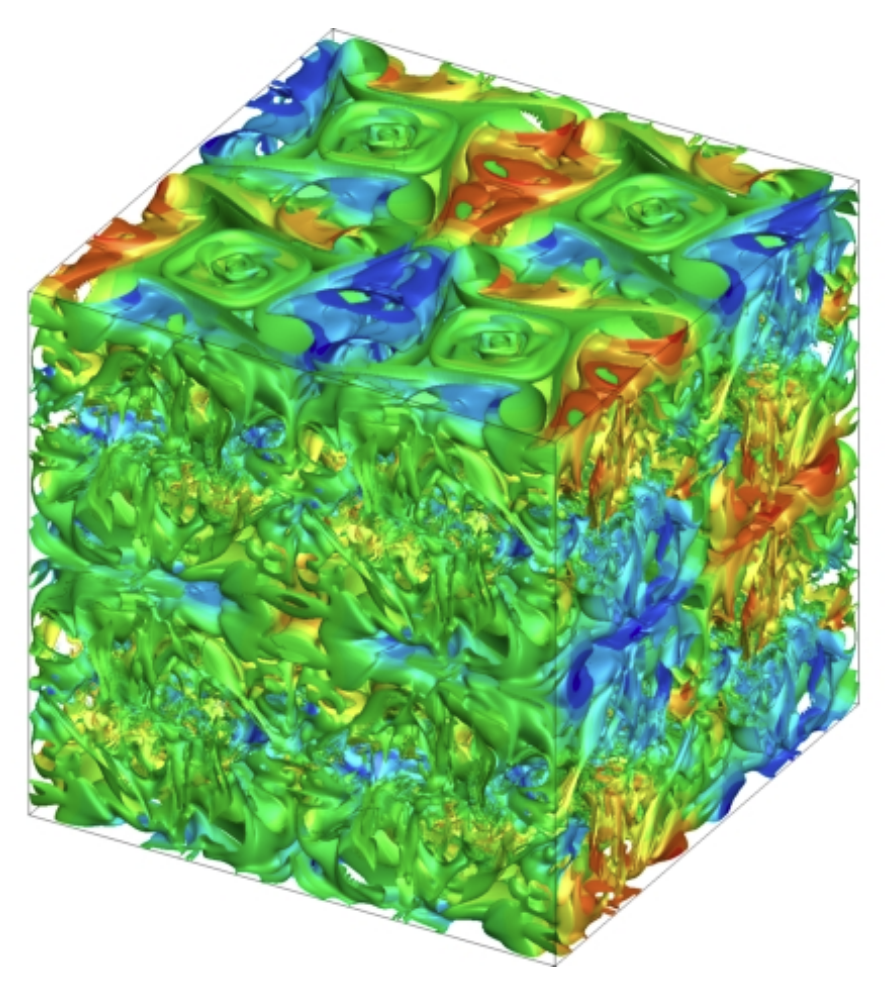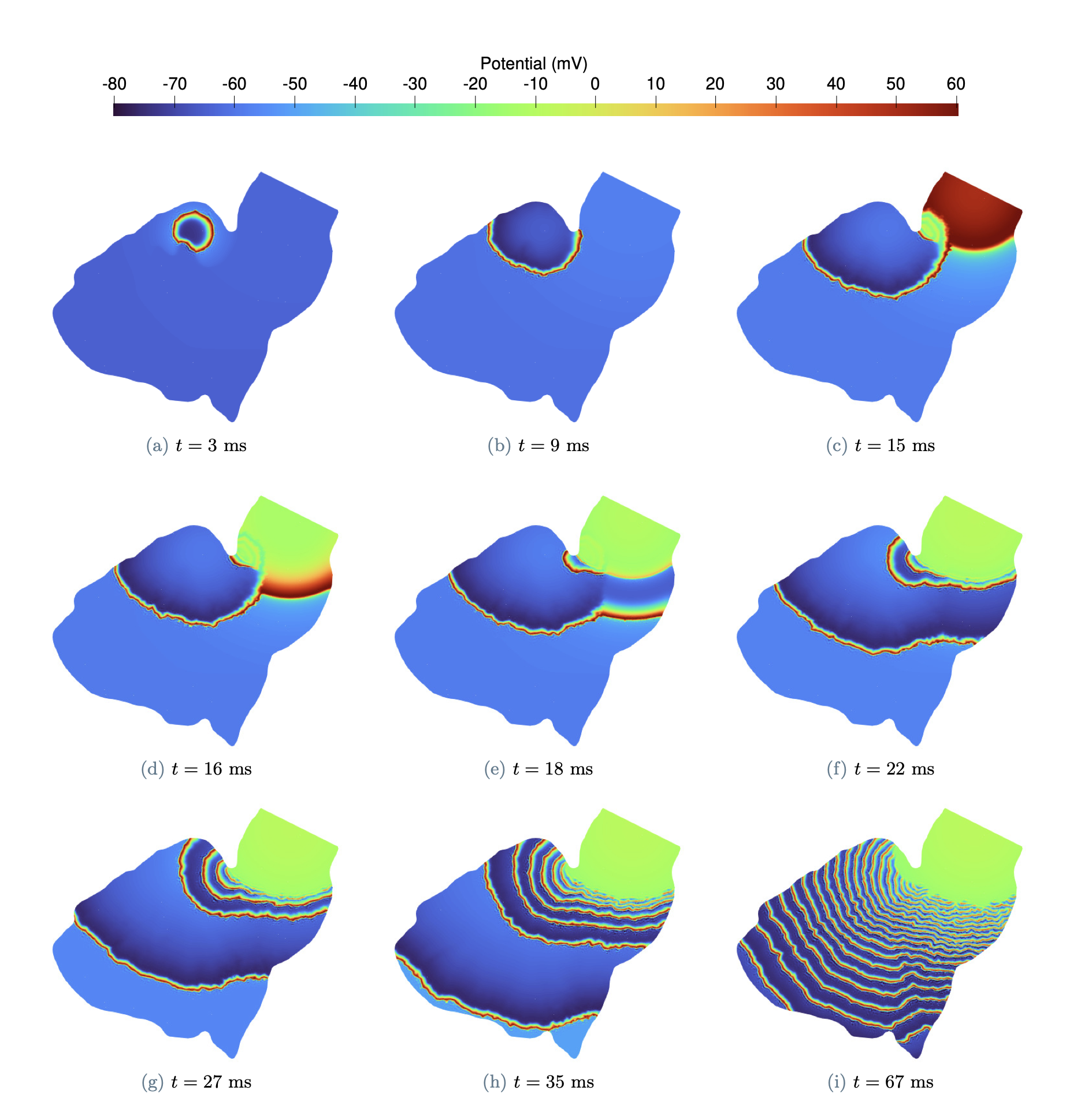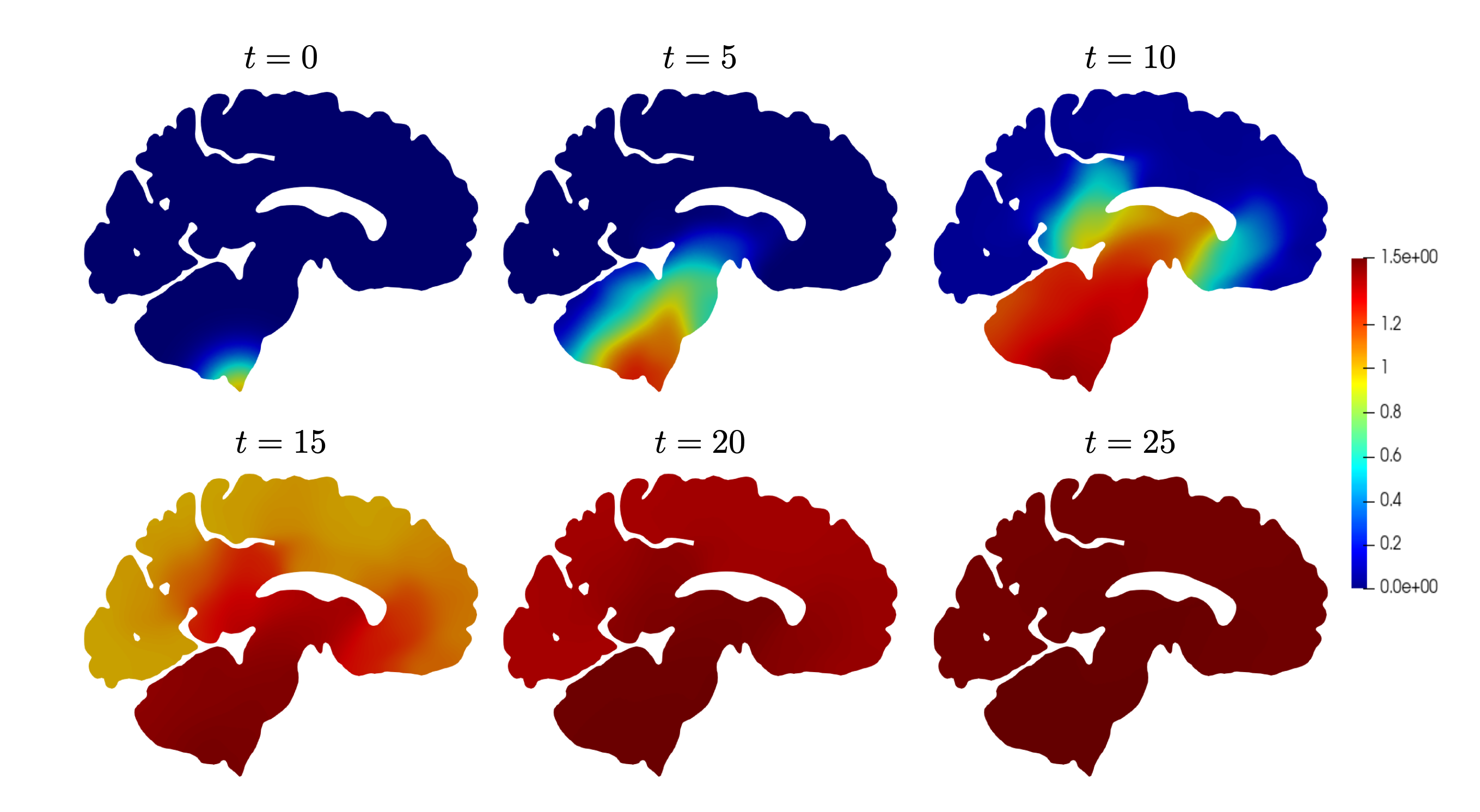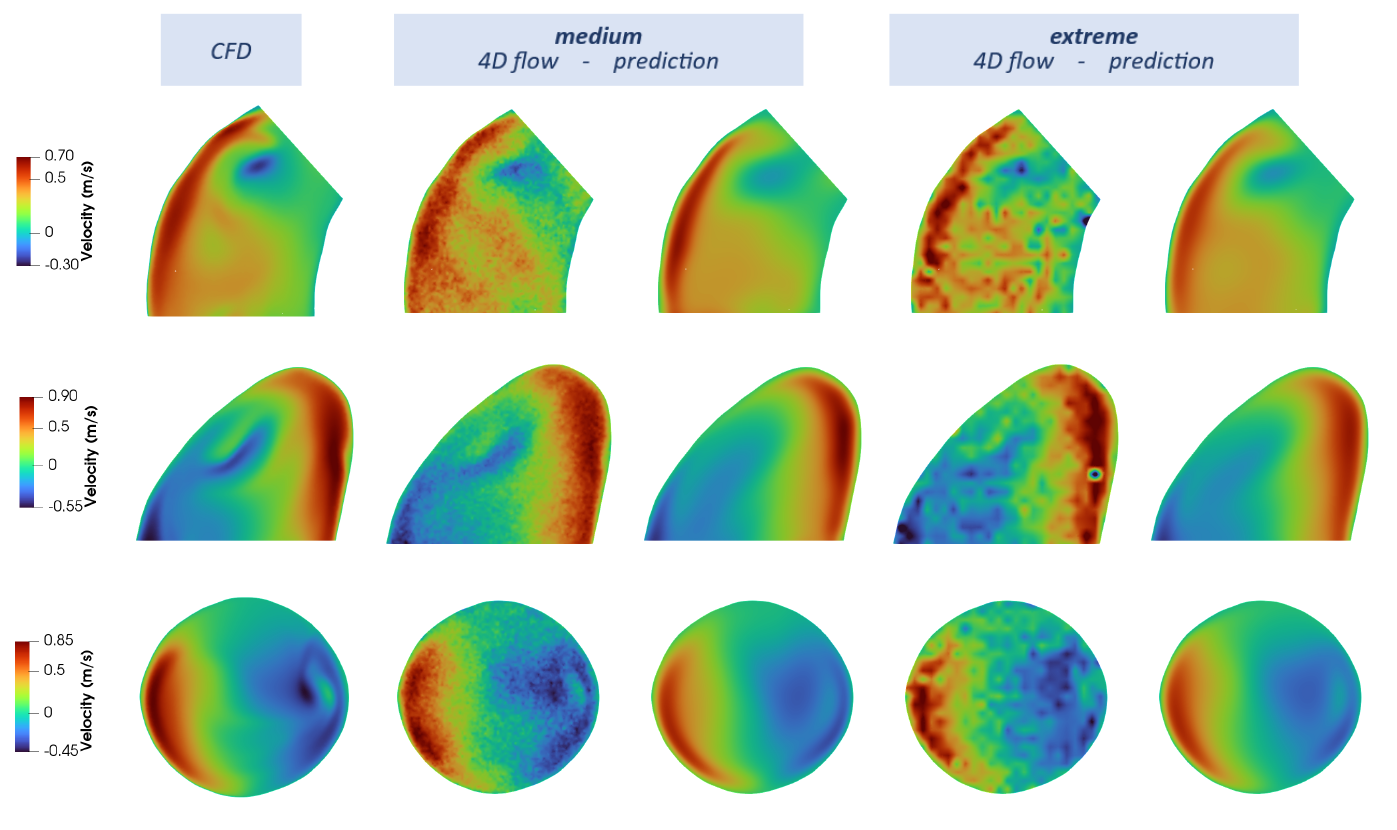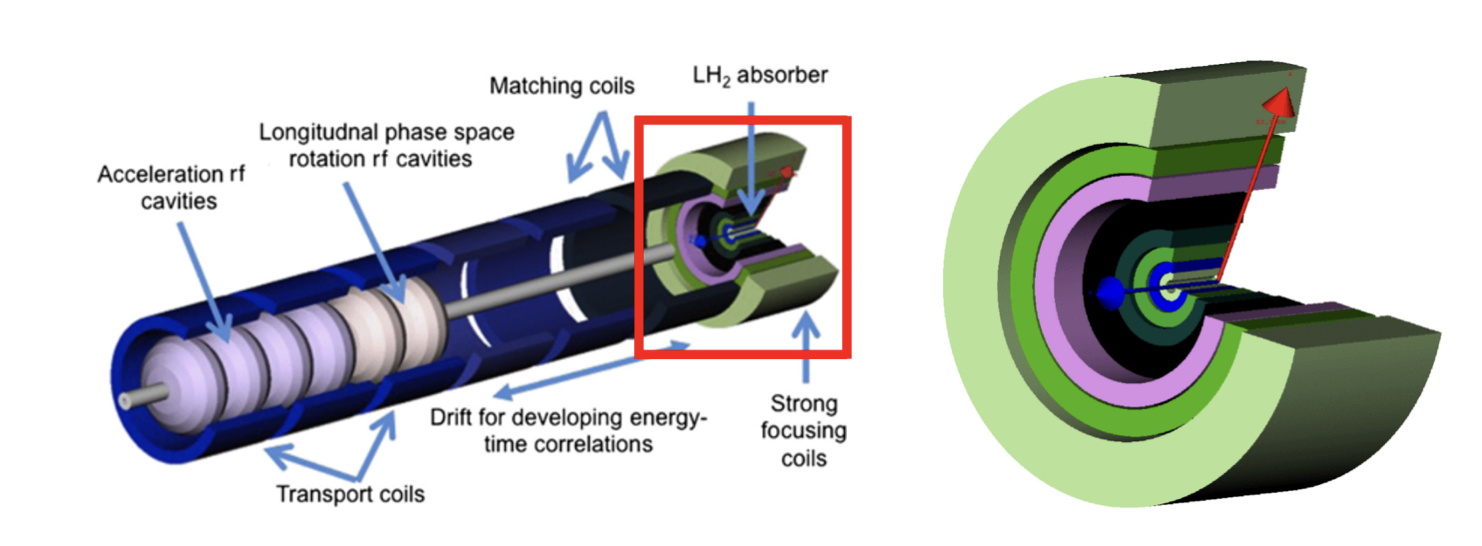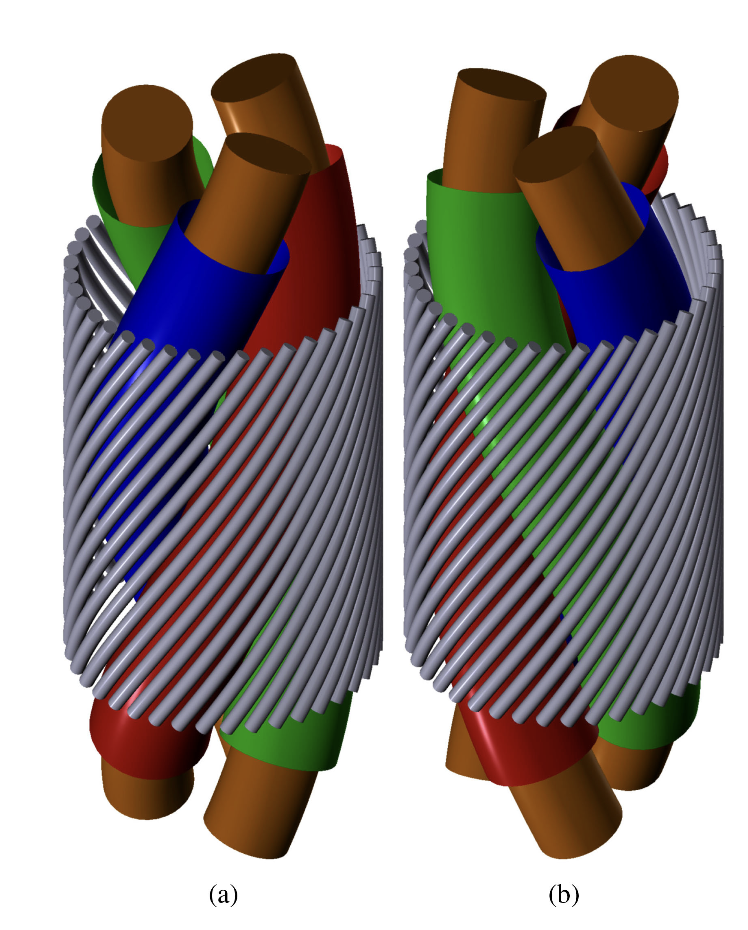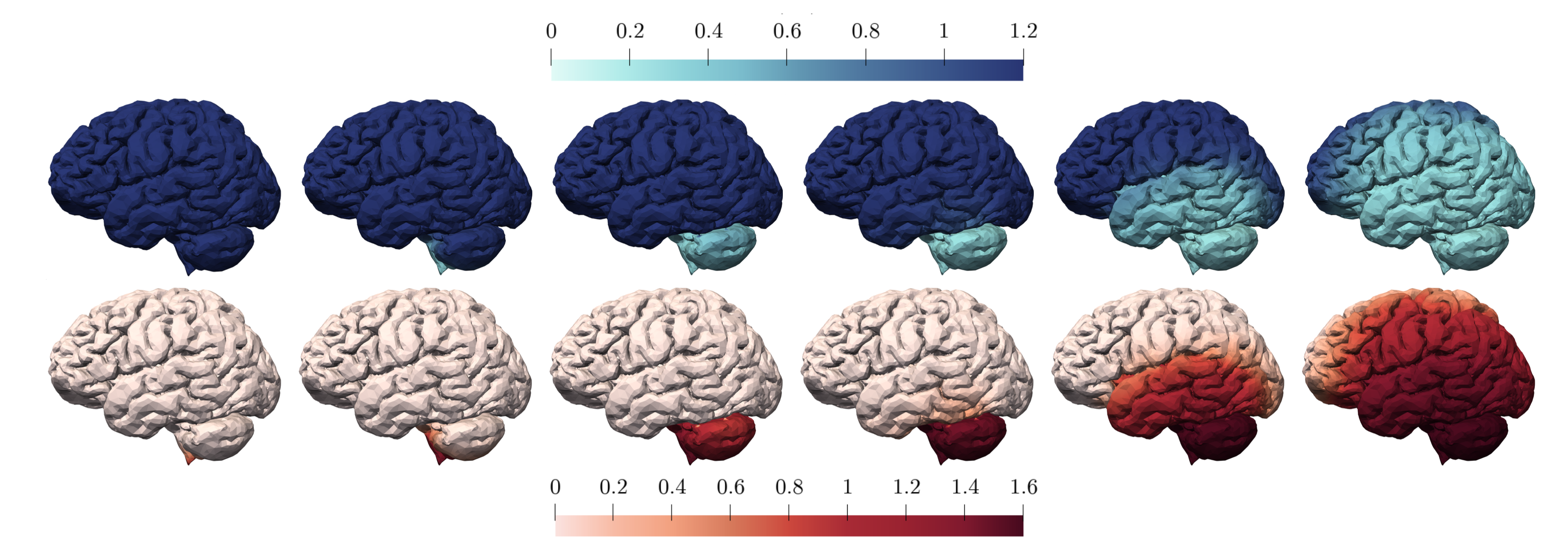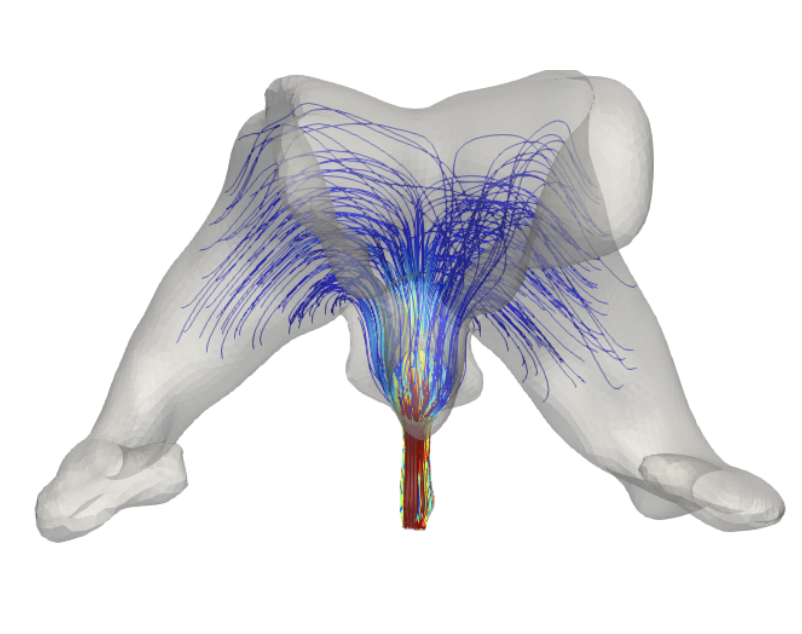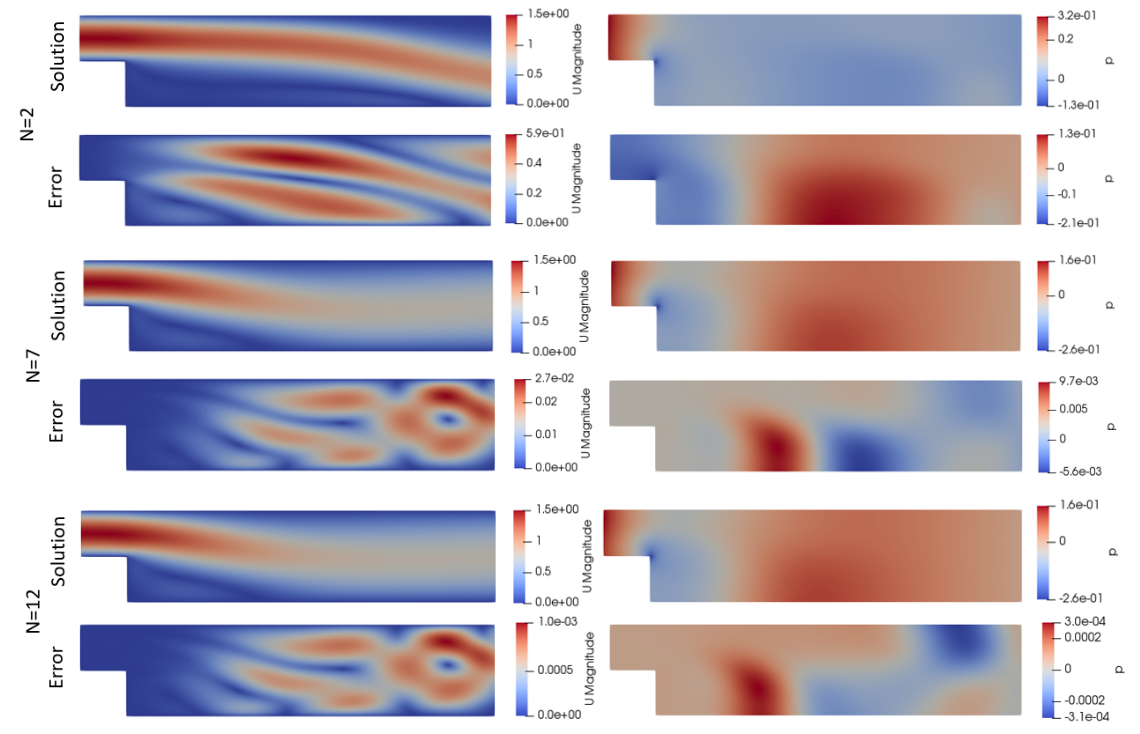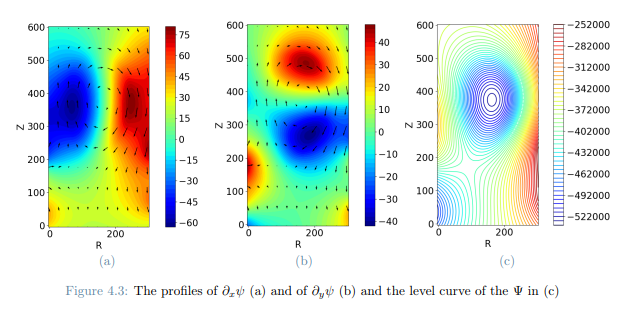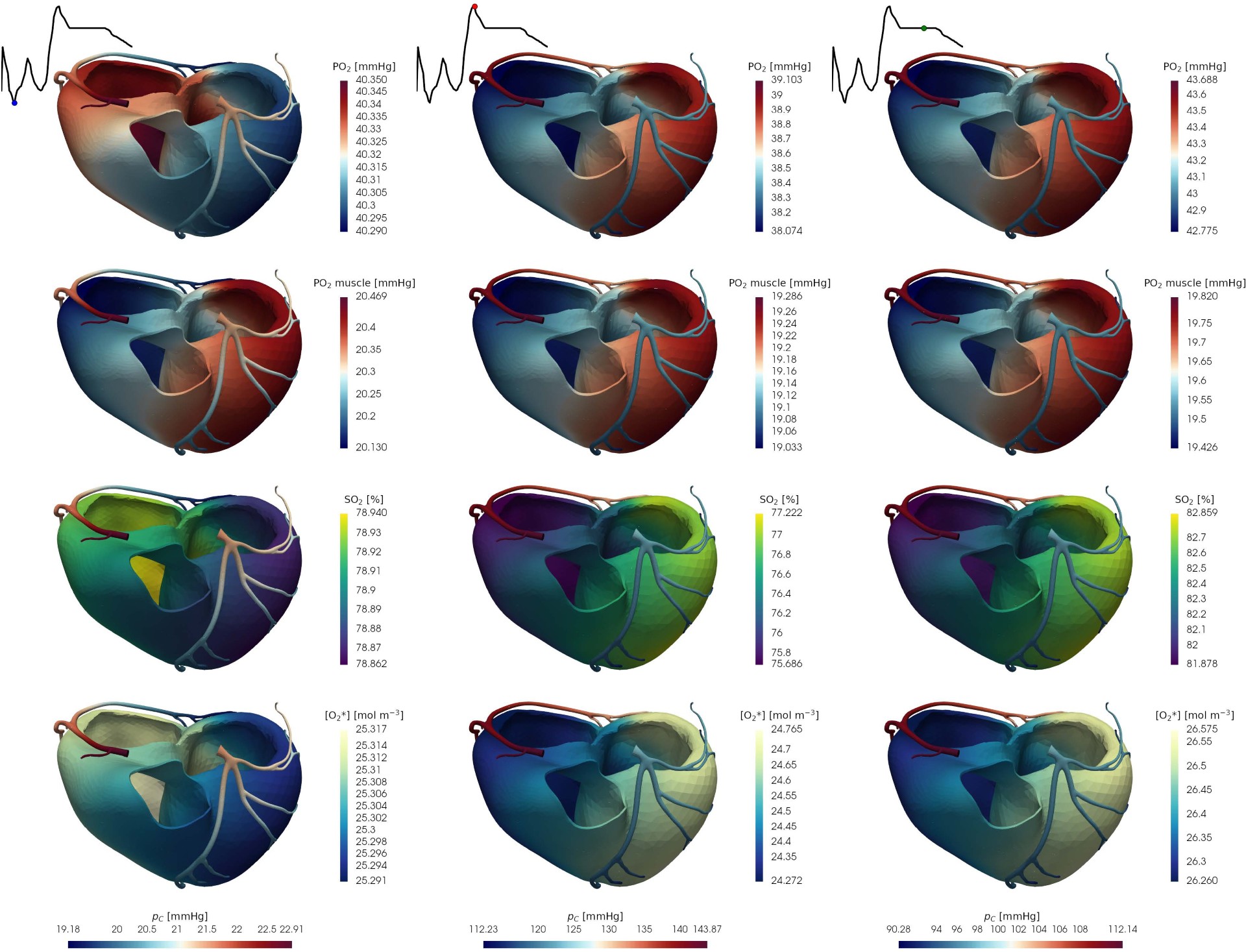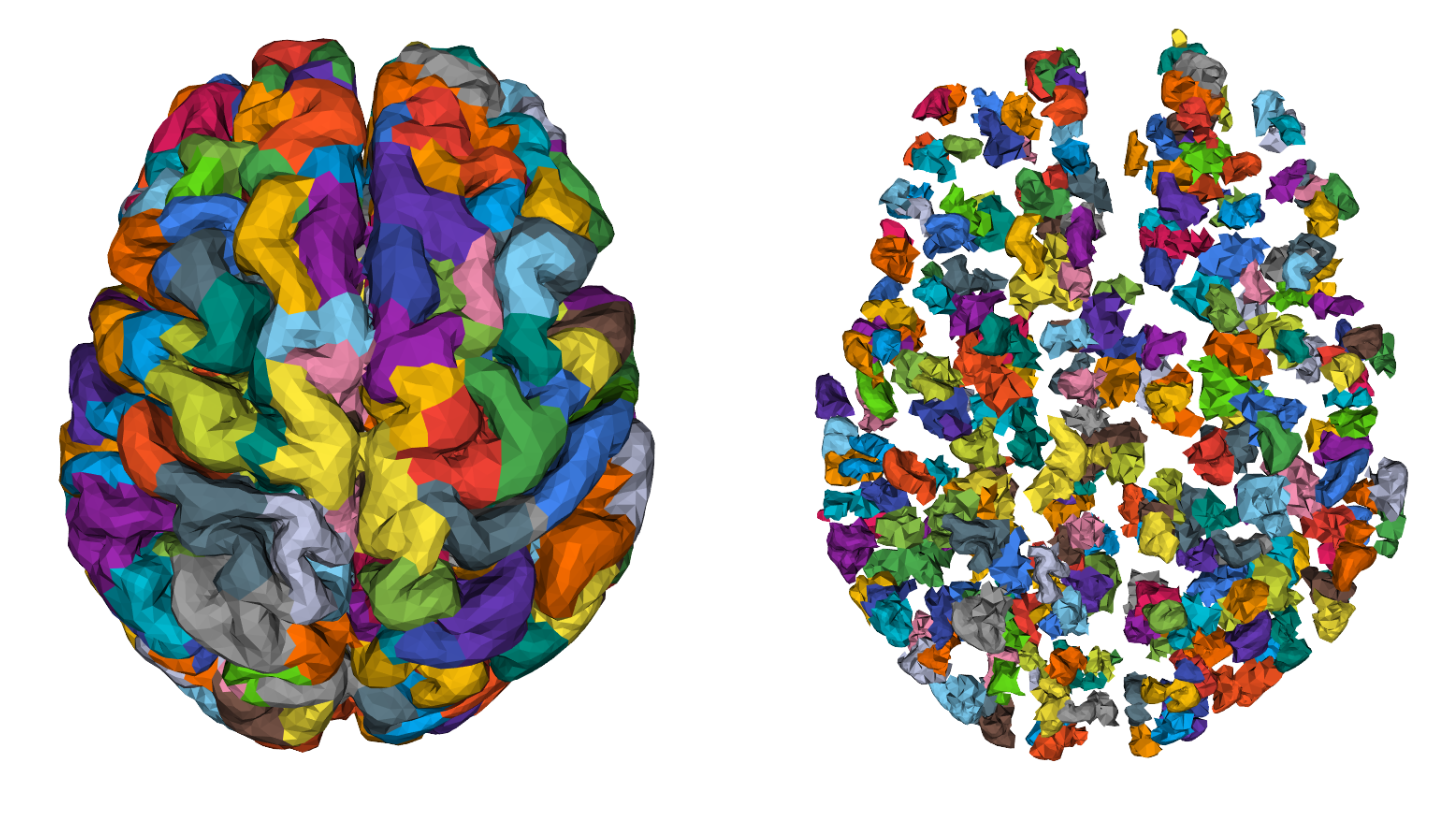Computational models and methods have become essential tools for advancing science, engineering, and decision-making in a world characterized by complex interconnected systems. The Computational Science and Computational Learning Master’s track equips students with strong mathematical foundations, modeling and simulation expertise, computational learning skills, and an interdisciplinary mindset to tackle today’s most pressing industrial and research challenges, such as sustainable development, advanced manufacturing, and healthcare.
Programme strengths
This program aims to develop a modern mathematical engineer profile combining advanced analytical and computational methods knowledge with a solid physical and engineering modelling background. These competences are boosted by modern Machine Learning and High-Performance Computing skills that are acquired through specific courses offered in the program.
Through a balanced curriculum of mathematical modeling, numerical methods, machine learning algorithms, and hands-on projects, students will gain the expertise to solve complex problems across disciplines.
The program is structured around six core courses and five elective courses. Students can select their elective courses from a pool of more than 100 classes, allowing them to design personalized study plans tailored to their interests and objectives.
The Master’s Thesis project allows students to participate in high-quality research projects conducted by the professors and researchers of the Department of Mathematics of the Politecnico di Milano and their academic and industrial collaborators. For more information on the research fields, see the MOX Laboratory, DMAT, and Department of Excellence websites.
Double degree programmes
Students enrolled in the Computational Science and Computational Learning Master’s track can access double degree programmes with prestigious European universities, such as
- Ecole Polytechnique Fédérale de Lausanne (Switzerland)
- Sorbonne Université (Paris, France)
- École Normale Supérieure de Lyon – University Claude Bernard Lyon 1 (France).
Additional details can be found at this web page.
Further international opportunities, such as Erasmus exchanges, and the chance to conduct the MSc thesis research abroad, further enrich the CSCL curriculum.
Master’s Theses & Research Projects
Our students have tackled cutting-edge challenges in scientific computing and computational learning, producing research that has led to collaborations with industry, healthcare professionals, and applied scientists spanning various disciplines. Here are some standout projects:
Career Opportunities
Graduates of this program are in high demand across various industries, research institutions, and tech-driven sectors.
Their versatile modeling and numerical skills give access to multiple roles, including computational/data scientist and software/machine learning engineer.
Former students share a wide range of successful career paths. Some examples that illustrate the range of professional fields are:
- Research and development for companies across all industries, such as Ferrari S.p.A., Leonardo S.p.A., ENI S.p.A., and Procter & Gamble;
- Academic research and teaching in prestigious national and international universities worldwide;
- Consulting in the field of industrial innovation, such as in Moxoff S.r.l, EnginSoft S.p.A. and RSE S.p.A.;
- Scientific and technical software production for companies such as The MathWorks Inc., and Amazon Inc.;
- Consulting and risk assessment for international management consulting and (re) insurance firms, such as Munich Re and McKinsey&Company.


